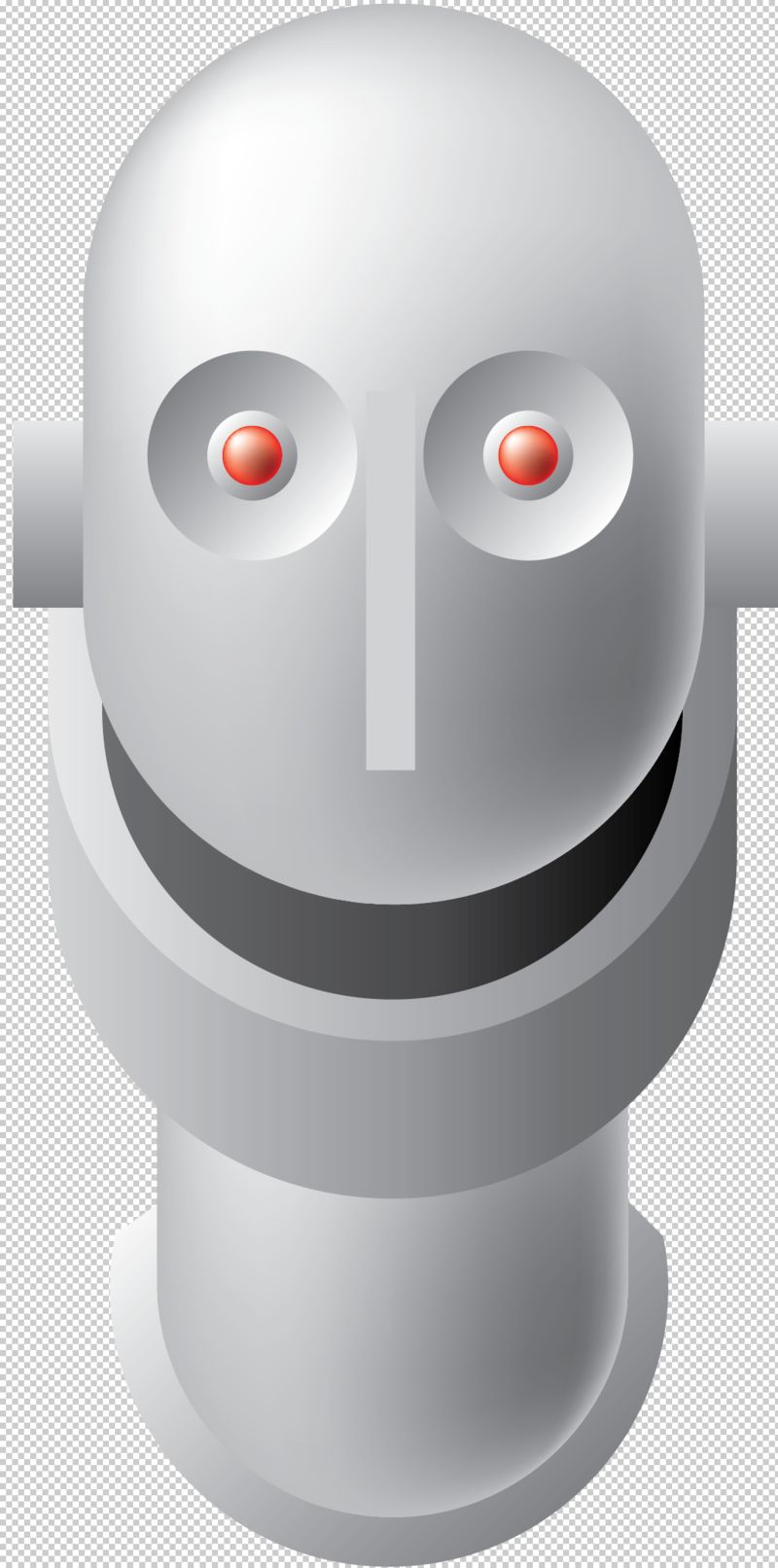
- But it also points to the negative effects: job destruction and related increases in income inequality. For now at least, “less educated workers are more likely to be replaced by automation than highly educated ones.” The report notes that so far automation has displaced few higher-skill workers, but it adds: “The skills in which humans have maintained a comparative advantage are likely to erode over time as AI and new technologies become more sophisticated.”
- It is “glaringly obvious,” says Daron Acemoglu, an economist at MIT, that political leaders are “totally unprepared” to deal with how automation is changing employment. Automation has been displacing workers from a variety of occupations, including ones in manufacturing. And now, he says, AI and the quickening deployment of robots in various industries, including auto manufacturing, metal products, pharmaceuticals, food service, and warehouses, could exacerbate the effects. “We haven’t even begun the debate,” he warns. “We’ve just been papering over the issues.”
- Joel Mokyr, a leading economic historian at Northwestern University, has spent his career studying how people and societies have experienced the radical transitions spurred by advances in technology, such as the Industrial Revolution that began in the late 18th century. The current disruptions are faster and “more intensive,” Mokyr says. “It is nothing like what we have seen in the past, and the issue is whether the system can adapt as it did in the past.”
- Some observers, spearheaded by a clique of Silicon Valley insiders, have begun arguing for a universal basic income as a way to help those unable to find work. Wisely, the White House report rejects such a solution as “giving up on the possibility of workers’ remaining employed.” As an alternative, Muro proposes what he calls a “universal basic adjustment benefit.” Unlike the universal basic income, it would consist of targeted benefits for those seeking new job opportunities. It would provide such support as wage insurance, job counseling, relocation subsidies, and other financial and career help.
- No one actually knows how AI and advanced automation will affect future job opportunities. Predictions about what types of jobs will be replaced and how fast vary widely. One commonly cited study from 2013 estimated that roughly 47 percent of U.S. jobs could be lost over the next decade or two because they involve work that is easily automated. Other reports—noting that jobs often involve multiple tasks, some of which might be easily automated while others are not—have come up with a smaller percentage of occupations that machines could make obsolete. A recent study by the Organization for Economic Cooperation and Development estimates that around 9 percent of U.S. jobs are at high risk. But the other part of the employment equation—how many jobs will be created—is essentially unknowable. In 1980, who could have predicted this decade’s market for app developers?
“AI is very much in its infancy,” says MIT’s Acemoglu. “We don’t really know what it can do. It’s too soon to know its impact on jobs.” A key part of the answer, he says, will be to what extent the technologies are used to replace humans or, alternatively, to help them carry out their jobs and expand their capabilities. Personal computers, the Internet, and other technologies of the last several decades did replace some bank tellers, cashiers, and others whose jobs involved routine tasks. But mainly these technologies complemented people’s abilities and let them do more at work, says Acemoglu. Will that pattern continue? “With robots, and down the line with artificial intelligence, the replacement part might be far stronger,” he cautions.
- Not only might automation and AI prove particularly prone to replacing human workers, but the effects might not be offset by the government policies that have softened the blow of such transitions in the past. Initiatives like improved retraining for workers who have lost their jobs to automation, and increased financial protections for those seeking new careers, are steps recommended by the White House report.
- One problem the growing adoption of AI could make much worse is income inequality and the sharp divisions between the geographic areas that benefit and those that don’t. We don’t need the expert-written White House report to tell us that the impact of digital technologies and automation in large swaths of the Midwest is very different from the effects in Silicon Valley.
- We will need the economic boost from these technologies to improve the lackluster productivity growth that is threatening many people’s financial prospects.
- Furthermore, the progress AI promises in medicine and other areas could greatly improve how we live.
- Will You Lose Your Job to Artificial Intelligence? http://www.inc.com/kevin-j-ryan/artificial-intelligence-replaces-insurance-workers.html
- Don’t Fear the Robots http://www.forbes.com/sites/waynecrews/2017/01/08/a-ces-takeaway-dont-fear-robots-and-artificial-intelligence-fear-politicians